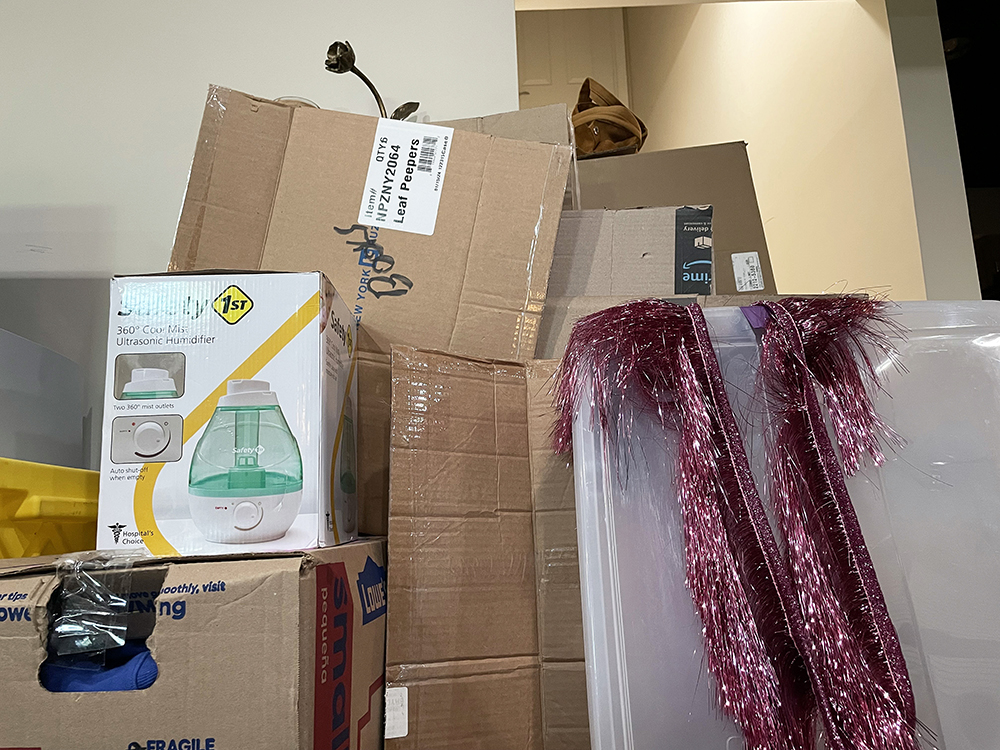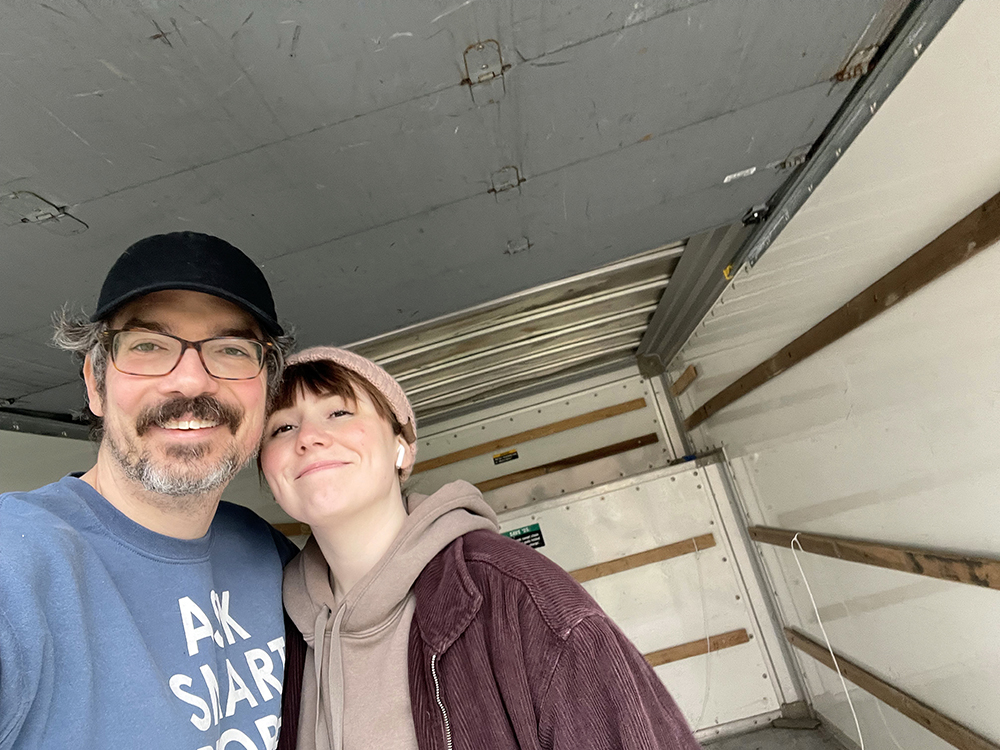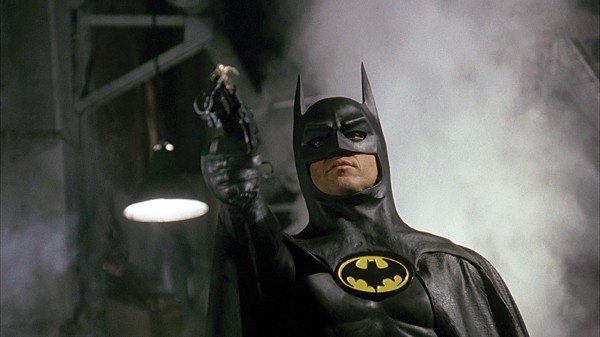At the beginning of this month, my wife and I made a move, one that we hope will go some way to improving our fortunes. We’re joining the not-insignificant number of millennial adults who have moved back in with their parents.
According to the Bureau of Labor Statistics, more than 50 percent of millennials who have moved out of their parents’ home have, at some point, moved back. That was a number I never thought to find myself in, though. That particular safety net didn’t exist for me until I got married. Both my parents live with their respective sisters, so to move “back home” was something of a logistical challenge, not that it was exactly an outcome I had hoped for, either. So, with my wife’s Bonus Mom, as she calls herself, renting her basement to us for the family discount, an amount not unlike pre-Covid-inflation rental rates, I recognize the privilege I have. Not everyone has a safe place to fall back to after they’ve fallen on their face.
Still, despite how fortunate we are, it rankles that our economic reality turned on the whims of a South African billionaire and his team of underqualified coders at DOGE. Their cuts to funding for federal agencies like the National Institutes of Health and the National Science Foundation spelled doom for the future of science research in this country, true, and also for my wife’s and my jobs. It’s not so much that a sudden change in national policy so drastically affected my household that bothers me. After all, we are all subject to changes in the global climate; new trends and technologies change how we interact and consume, and livelihoods are affected. No, it’s the frivolous nature of DOGE’s cuts that gall me, how completely devoid of merit the entire organization is, how shortsighted their so-called “savings” will prove to be, and how much harm has been done, now and far into the future.

I can’t help but wonder how many other American citizens are making similar moves, just so a self-obsessed confidence trickster can create the illusion of fiscal responsibility and Art of the Deal-like economic wizardry — all while adding to the national debt and simultaneously eroding the nation’s few bulwarks against future threats, such as climate disaster, severe storms, and disease. Are there former NASA scientists navigating a terrifying new medical diagnosis while also figuring out what insurance they now qualify for? Are there former national parks employees moving themselves and their kids into smaller apartments? Surely, there must be. I can say for certain, there are two new parents with a new baby and new (low-paying) jobs who have just moved into a parent’s basement while they work to save and strive for more secure careers.
Life goes on for us average Joes, as our leaders throw themselves military parades, order illegal air strikes, do the trade-war tango with our allies and enemies, and bully local governments into sucking up to them. Shouldn’t our national policies and budgetary goals strive to make life safer and more secure for the vast majority of us? Businesses fail, droughts and floods and blizzards happen; no one is perfectly protected from life’s buffets. But that statistic I mentioned earlier — that more than half of millennials now live or have lived with their parents after moving out — that doesn’t seem like an indicator of a healthy and thriving economic system. Unless, that is, it’s meant to work more like a casino slot machine than anything else. It’s paying out, dummy — just not for you.
I had hoped to litter this feature with statistics and quotes from reputable sources. I wanted to add context about the minimum wage, tax structures over time, etc. But to be perfectly honest, I’ve got work at a temp job soon, boxes to unpack, and probably a baby diaper to change. So take these words with a grain of salt, and be careful what you read on the internet (and in print). Just because someone has a fancy byline in a newspaper doesn’t mean they don’t live in their wife’s step-mother’s basement.
Jesse Davis is a former Flyer staffer; he writes a monthly Books feature for Memphis Magazine. His opinions, such as they are, have literally never ordered avocado toast. Not even once.

